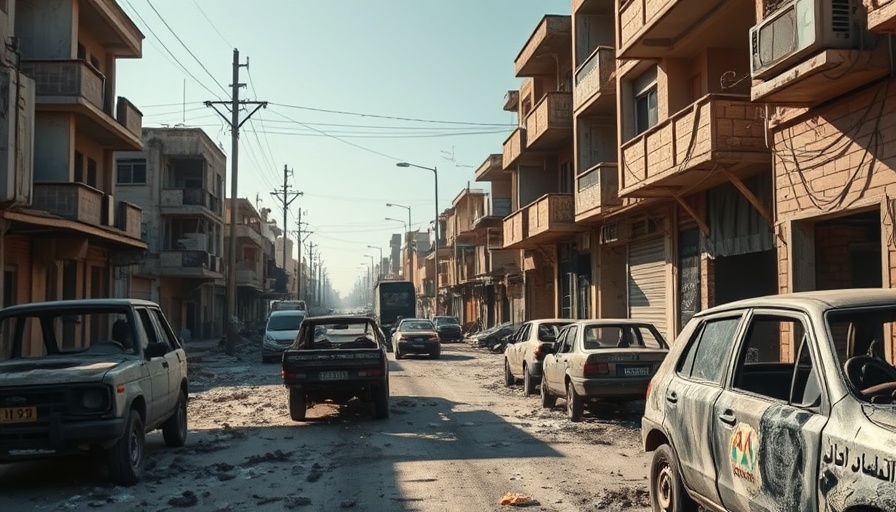
The Increasing Role of Druze Fighters in the Region
In a significant geopolitical shift, Israel is reportedly arming around 3,000 Druze fighters in southern Syria. This initiative unfolds against the backdrop of heightened tensions in the Middle East, particularly as the US exerts pressure on Syria to negotiate with Israel regarding territories recently taken by Israel. The Druze community, known for their unique religious and cultural identity, have historically inhabited this mountainous region, and their involvement now positions them as key players in the intricate web of alliances and conflicts that characterize the Syrian civil war.
Understanding the Druze Community
The Druze are an ethno-religious group that primarily reside in Syria, Lebanon, and Israel. This community practices a form of monotheism that incorporates elements from various religious traditions, including Islam, Christianity, and Gnosticism. Their commitment to education and moral values has contributed to their distinct identity. In times of conflict, the Druze community often finds itself navigating complex political landscapes, advocating for their rights, and ensuring their survival amidst external pressures. Recently, this community is being seen as a vital ally for Israel, leading to a controversial partnership that may influence future peace efforts in the region.
Potential Implications for Israel and Syria
Israel's support for the Druze fighters could reshape the balance of power in southern Syria. By arming and funding these fighters, Israel is not only securing a strategic ally but also sending a message to adversaries like Iran and Hezbollah, who wield considerable influence in the region. Furthermore, this development could impact ongoing negotiations between Syria and Israel over disputed territories, as the support of the Druze may influence Syrian leadership's positioning and responses to Israeli demands.
The Humanitarian Perspective
For many Christians and believers concerned about the humanitarian crises affecting communities in the Middle East, including the Druze, this development raises critical questions about the ethical implications of military support. Will this partnership lead to peace, or will it escalate violence in an already tumultuous region? As Christian and humanitarian advocates, understanding these dynamics is crucial to effectively engage in interfaith dialogues and support efforts that aim to promote stability and peace.
What’s Next?: Faith, Politics, and Justice in the Middle East
As the situation in southern Syria continues to evolve, it is essential for mission-minded individuals and social justice advocates to remain informed and engaged. The legacy of support provided to communities like the Druze highlights the importance of recognizing the multifaceted relationships and their consequences. Understanding these dynamics can empower believers and aid organizations to take informed actions that align faith with the pursuit of justice, supporting those in need while fostering dialogue and coexistence among diverse communities.
As events unfold, I encourage readers to seek ways to support peaceful initiatives and humanitarian efforts in the region while advocating for the rights of all communities involved. Engaging with the complexities of these issues from a faith perspective can enable believers to play a role in fostering hope and reconciliation amidst the ongoing strife.
 Add Row
Add Row  Add
Add 








Write A Comment